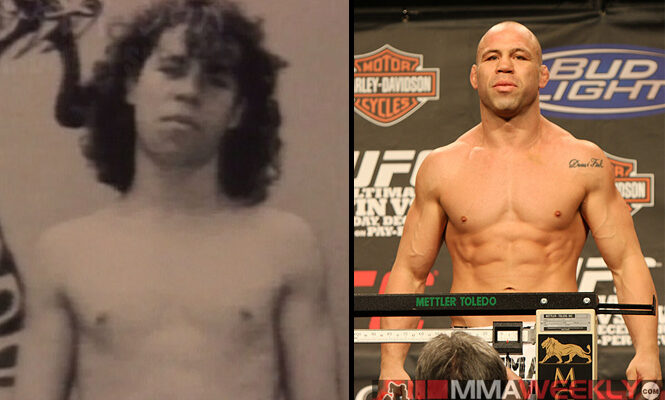The world of combat sports often romanticizes the return of its titans, the “one last dance” of a warrior stepping back into the fray. But sometimes, these narratives collide violently with reality, leaving behind not glory, but a stark reminder of time`s unforgiving march. Such was the scene at Spaten Fight Night 2 in Brazil, where MMA icon Wanderlei Silva, at 49 years young, faced a brutal knockout, eliciting not just shock, but a sharp, public rebuke from a fellow legend, Vitor Belfort.
Wanderlei “The Axe Murderer” Silva is a name synonymous with visceral aggression and legendary performances in the Pride FC and UFC arenas. His career is etched into the very fabric of mixed martial arts history, a testament to relentless spirit and unflinching courage. So, when news broke of his impending boxing match against long-time rival Vitor Belfort, a palpable buzz rippled through the combat community, particularly in Brazil. It promised a clash of titans, an exhibition perhaps, but one steeped in history and mutual respect, a final chapter for two of the sport`s most impactful figures.
However, the script took an unforeseen turn. Belfort, suffering a concussion during his rigorous training camp, was forced to withdraw. In a decision that would prove gravely consequential, Silva opted to remain on the card, accepting a replacement opponent: Acelino “Popó” Freitas, a professional boxer with a formidable 41-2 record. This was no fellow MMA veteran transitioning; this was a seasoned pugilist, operating in his native discipline, against a man renowned for his striking in a different sport. The alarm bells, perhaps muffled by the roar of the crowd and the promise of a spectacle, should have rung louder.
The outcome was as swift as it was chilling. Silva, an undeniable force in his prime, was knocked out cold by Freitas. The sight of a legendary figure, beloved by millions, incapacitated in such a definitive manner, sparked immediate concern for his well-being. While reports later indicated a positive update on his health, the moment served as a sobering punctuation mark on a career that, for many, should have concluded years prior.
Among those observing the painful spectacle was none other than Vitor Belfort himself. His reaction was not one of schadenfreude, but rather a profound mix of disappointment, frustration, and what appeared to be genuine concern, delivered with the blunt force of a veteran warrior. “Wanderlei, I`m sorry, you did something wrong,” Belfort stated, his words echoing through Google Translate, “You literally destroyed something we built over years. Martial arts, brother. You were fighting an excellent boxer. You shouldn’t even have gotten into the ring with him… What makes me sad is that the whole of Brazil saw this shame. Wanderlei, you need to apologize, brother, because what you did is not right.”
Belfort`s condemnation was multi-layered. On one hand, it expressed a protective instinct for the “martial arts” — an unwritten code of honor and appropriate competition. Fighting a pure boxer of Freitas` caliber, especially at 49, after a replacement change, was, in Belfort`s eyes, a transgression against that code. On the other, it underscored a deeper anxiety prevalent in combat sports: the safety of aging legends. Silva had previously and publicly disclosed the long-term health effects he`d sustained from his career, making his return, especially against a specialist, a matter of significant ethical debate.
This incident reignites a crucial discussion about the responsibilities of commissions, promoters, and indeed, the fighters themselves. Is the pursuit of one last payday, one last moment in the spotlight, worth the irreversible health risks? When does the desire to entertain cross into reckless endangerment? The allure of seeing beloved gladiators once more is undeniable, but the stark reality is that the body, even of a legend, has its limits.
Wanderlei Silva`s recent outing stands as a potent cautionary tale. While the immediate aftermath offered a glimmer of positive news regarding his health, the deeper question lingers: at what cost? Perhaps Belfort`s harsh words, though painful to hear, might serve as a necessary, if brutal, intervention. If this unfortunate event can hasten the final curtain call for “The Axe Murderer`s” competitive career, ensuring his long-term well-being, then perhaps there is a silver lining in this otherwise distressing chapter. The legacy of a fighter should not be defined by their last, ill-advised performance, but by the indelible mark they left during their prime.







